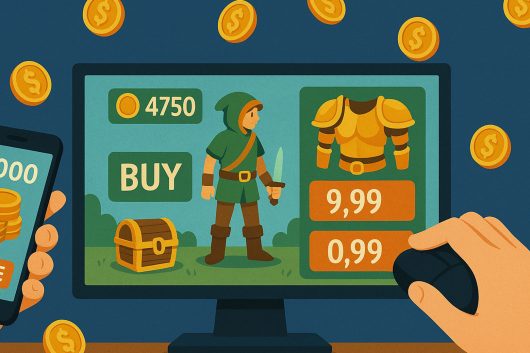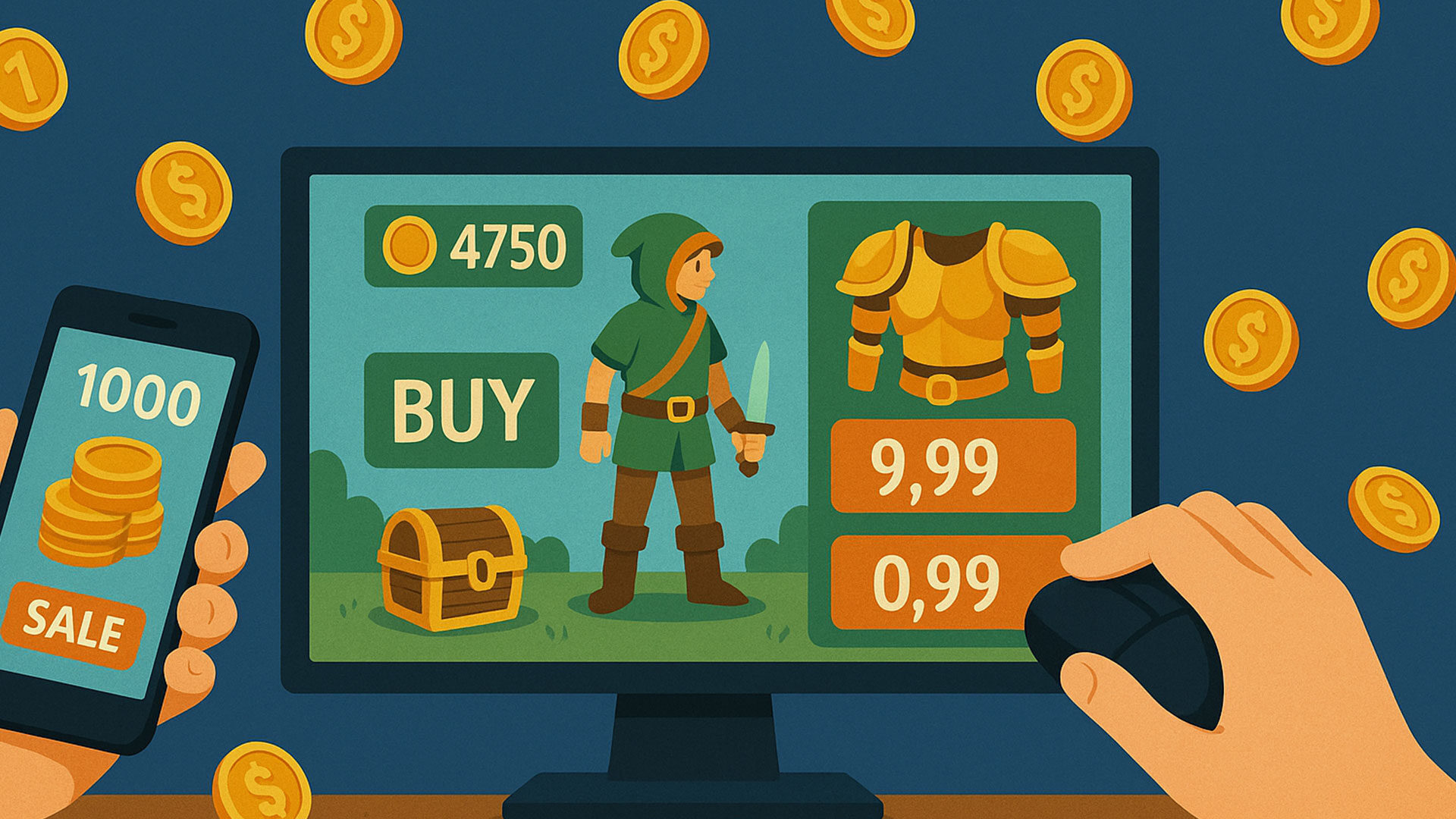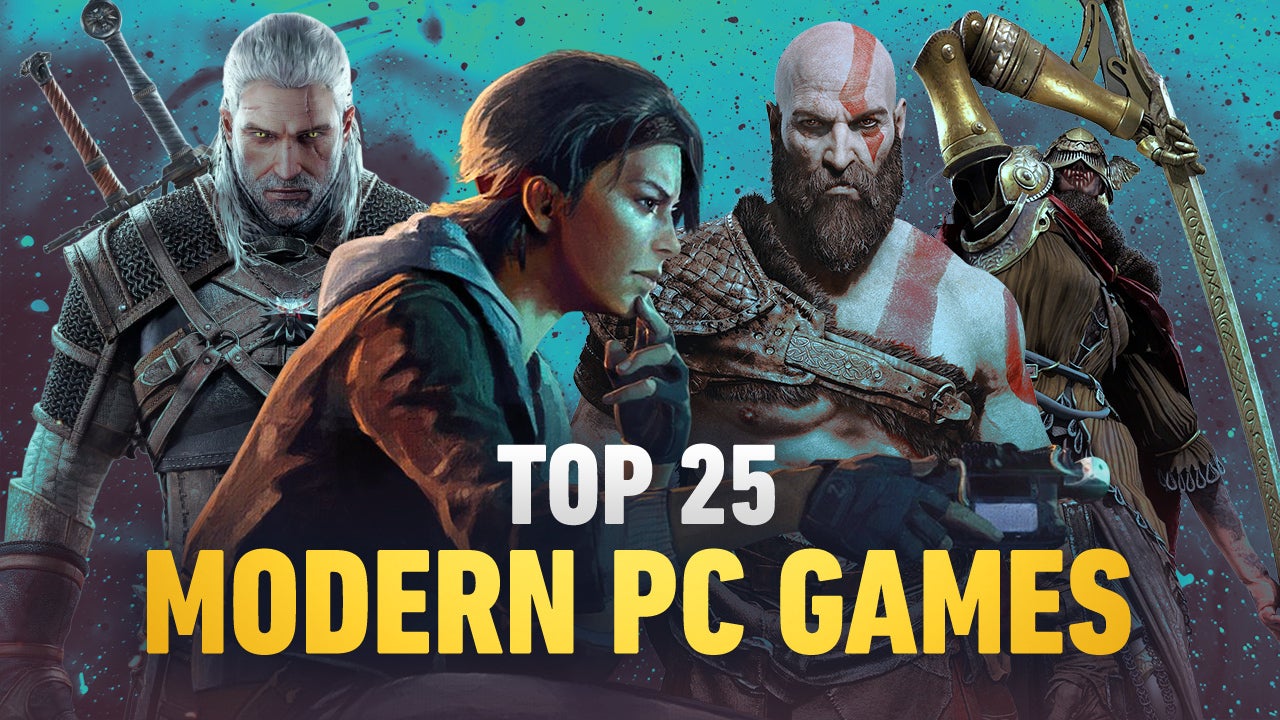


Whether you’re searching for a unique skin, unlocking a battle pass, or refilling chips at an online casino, in-game purchases have become ingrained in the gaming experience. They’re speedy, sometimes tempting, and frequently crafted to feel effortless. However, this convenience may come with a cost—both financially and otherwise. Understanding what you’re actually purchasing, how you’re paying, and what safeguards are in place can assist you in maintaining control.
Expanding Payment Options
The majority of popular games accommodate PayPal, Apple Pay, and Google Pay, while console systems often provide wallet top-ups through vouchers. In the mobile arena, carrier billing remains favored, allowing users to pay via their monthly phone bill, though this can lead to unintentional overspending.
Cryptocurrencies are also making their debut and are particularly prevalent in casino platforms, where anonymity and swift transaction times attract many players. For instance, Ethereum is now broadly utilized for deposits and withdrawals at crypto casinos. You can even discover curated lists that assist players in identifying the top ETH casinos to visit. These focus on aspects such as speed, safety, and user experience.
Of course, conventional payment methods like credit and debit cards still hold relevance for in-game transactions, and we don’t anticipate their disappearance anytime soon.
Real Money, Virtual Possession
When you purchase a skin, weapon, or dance emote, you don’t genuinely own it. What you obtain is a license to utilize it within that game’s framework. This indicates that if your account is suspended or the game ceases to exist, all your purchases could be lost.
Loot boxes introduce another layer of unpredictability. These digital “mystery boxes” allow players to pay for the opportunity to unlock something rare, although what you receive is random. Certain countries have started regulating loot boxes as a form of gambling, necessitating publishers to display drop rates or implement safeguards to restrict spending. Nonetheless, numerous players still invest considerable sums trying to acquire a sought-after item. The psychological allure is substantial.
Battle passes, however, provide more organization. These generally reward players with unlockable content throughout a game season, as long as they continue playing and completing objectives. The primary distinction is that what you receive is explicitly outlined from the beginning. Still, you’re paying for content that might completely lose its value once the season concludes.
In-Game Purchases in Social Games
Mobile games that replicate games of chance, like slot or card game applications, often blur the distinction between entertainment and gambling. Many don’t provide real-world payouts but still prompt players to buy virtual chips with actual money. This is where complications can arise: you’re spending real money simply to continue playing or maintain a winning streak, with no actual return.
Some of these applications have encountered legal disputes over allegations that they exploit compulsive behavior. Developers frequently circumvent gambling regulations by asserting that no cash prizes are involved. Yet, the mechanics—paying to spin, waiting for timers, or paying again—will feel recognizable to anyone familiar with games of chance.
Moreover, these applications often utilize aggressive pricing tactics. They may present appealing starter bundles at low prices to attract players, followed by significantly pricier chip packs once a player is invested. It can be easy to lose track of your spending, especially with mobile payment systems or stored credit card information.
Refunds Aren’t Always Available
One of the more exasperating aspects of in-game transactions is the absence of refunds. Once you make a purchase, that’s typically the end of it. Most companies do not permit returns or exchanges unless a technical issue arises, and even in those cases, the process can be slow or entirely denied.
Before you proceed to purchase, verify what you’re buying thoroughly. Refund policies differ significantly by platform (for instance, Steam is more lenient than mobile app stores), so it’s beneficial to be aware of your rights in advance.
Ensuring Safety and Maintaining Control
As additional payment options are introduced, including crypto, prepaid cards, and third-party services, the risks escalate. Scams and phishing links disguised as “free skin” offers
No Comments
To comment you need to be logged in!